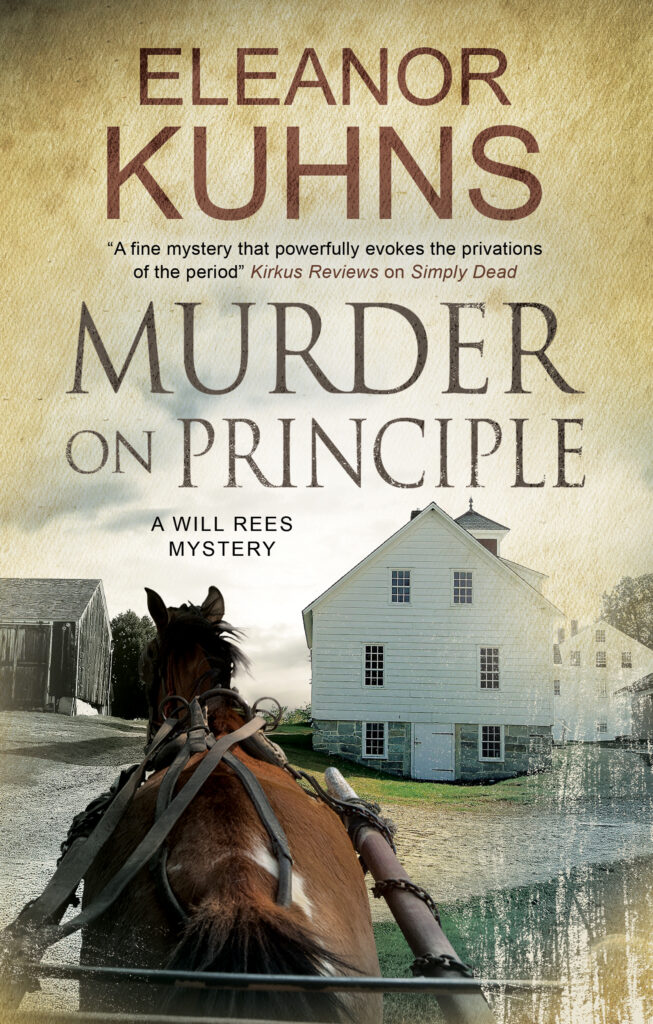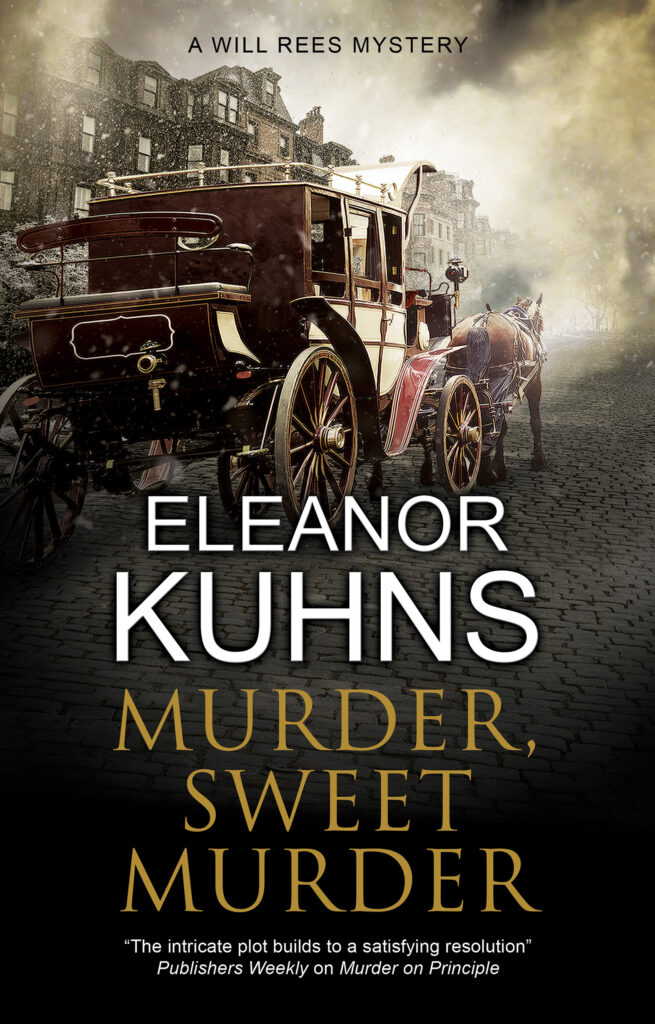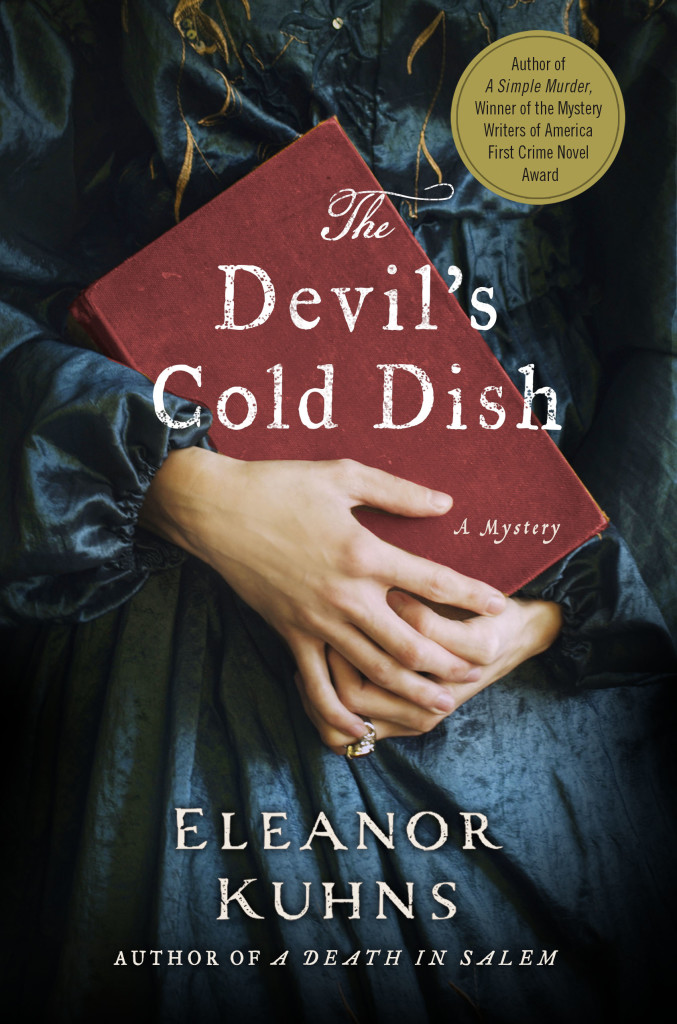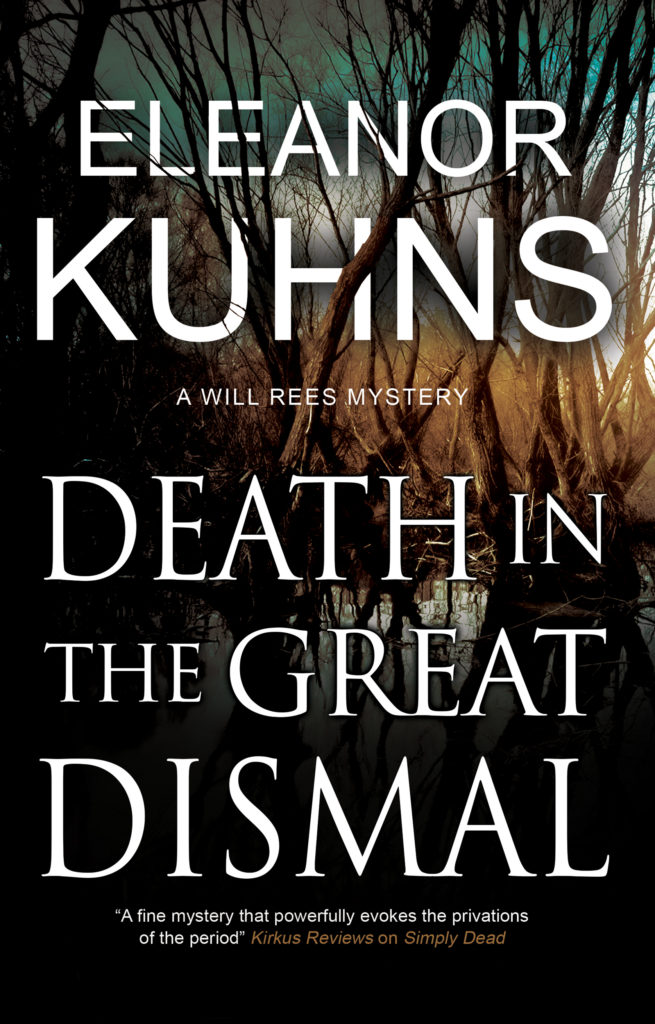When I think of writing during the recent COVID pandemic, I think of the Charles Dickens quote from A Tale of Two Cities: It was the best of times, it was the worst of times. I read several articles on authors who were struggling because of the stress. Not me. For the first time in my life, probably the only time, I was able to write most of the day. Without interruption. I had complete control of my schedule. The library where I worked, in fact all of the libraries, shut down so no work. Everyone was in quarantine so no picking up the grandkids. The gym was closed. I could really focus on the novel I was writing then – Murder on Principle. It is still one of my favorite Rees and Lydia’s. When I needed a break, I working in the garden or my dog and I went for a walk.

That was the best of times.
The worst came a few months later. The kids went into remote schooling, which I ended up doing with them. Childcare for 40 or more hours a week with three boys who all needed a computer and one on one help. Although my library went to curbside delivery, I did not go back. I couldn’t. I cannot imagine what it was like for mothers, and it was mostly mothers, trying to work from home at the same time they did remote schooling with their kids. I was exhausted by the end of the day and I was doing only that one thing.
Now that the world has opened up, the kids are back in school so no more remote schooling. But everything else has as well and there are so many demands on one’s time. No writers that I know ever has enough time to write. Life keeps interrupting so the struggle to find the time is ongoing.




